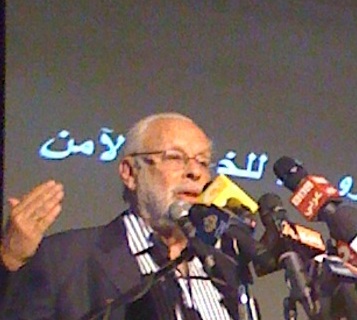The Saudi decision to execute Shi’a figure Nimr Al-Nimr among 47 persons accused of terrorism resulted in wide spread frustration in the Shi’a world.
In Iran, protestors broke into the Saudi Embassy in Tehran and the consulate in Mashhad. They burned diplomatic buildings, an act which was condemned by gulf countries.
Top Iranian leaders, including Supreme Leader of Iran Ali Khamenei, condemned the incident warning Saudi Arabia of “divine revenge”. He denounced the silence of “backers of freedom, democracy and human rights” over the execution.
UAE, Bahrain and Jordan supported the Saudi decision as deterrent measures it was obliged to take in order to “counter extremism and terrorism”.
The US urged Middle East leaders to redouble efforts aimed at de-escalating regional tensions. It also reaffirmed all its calls on the Government of Saudi Arabia to respect and protect human rights, and to ensure fair and transparent judicial proceedings in all cases.
Hundreds of Iraqis protested Sunday in several locations condemning Saudi execution of Al-Nimr.
Representatives of political parties and Islamic movements participated in the protests urging the government to take action against the targeting of religious figures.
Former Iraqi Prime minister Nouri Al Malki, said that Al-Nimr’s execution is a confirmation of the sectarian approach of Saudi Arabia.
On his official Facebook page, Al Malki said that the incident was a “crime and an extension of Saudi arbitrary and repressive policies”.
According to Al-Nimr’s brother Mohammed Al Nimr, the bodies of the executed persons have been buried in Muslim’s Cemeteries and will not be returned to their relatives.


